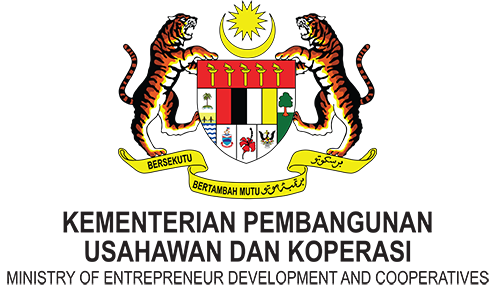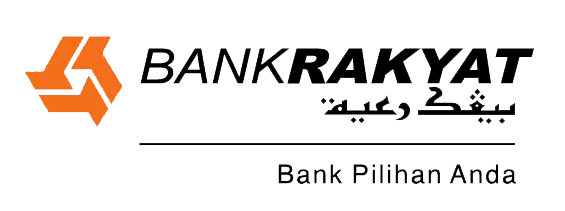KUALA LUMPUR: Small and medium enterprises (SMEs) in the country are experiencing a rough period amid the current economic slowdown.
SME Corp Malaysia chief executive officer (CEO) Noor Azmi Mat Said said technology has been progressing at a pace difficult for SMEs to catch up. Most SMEs do not engage in research and development as capital investment is usually beyond their means, he said.
“This is further aggravated by over-reliance on unskilled foreign labour by SME entrepreneurs. The access to unskilled labour has created disincentives for entrepreneurs to adopt new technologies and move into higher value-added activities,” he said in response to The Edge Financial Daily’s questions.
Noor Azmi said this is made worse by a mismatch in the human capital market. In essence, he said the current labour supply lacks job readiness, resulting in a mismatch between supply and demand.
Entrepreneurs also face a low market access due to perception that SMEs’ products and services are of low quality. Further, entrepreneurs have limited focus on marketing and branding strategy, thus making it more difficult for them to reach a large number of consumers.
“Entrepreneurs have a low capacity volume that limits their bargaining power in the supply chain. Entrepreneurs often have difficulties in achieving economies of scale in the purchase of raw materials and for access to consult services,” he said.
Noor Azmi also highlighted the sector’s longstanding issues — business registration and obtaining licences and permits. He pointed out there is still difficulty in complying with certain regulations due to lack of understanding among entrepreneurs and high compliance cost.
Access to financing is also a recurring issue for SMEs. Noor Azmi said access to financing has always been one of the most challenging aspects for entrepreneurs in most countries, including in high-income ones.
“Entrepreneurs, particularly [those in] microenterprises, face challenges in obtaining bank financing, constrained by poor creditworthiness, a weak recording of financial accounts or the lack of business viability.
“Meanwhile, banking institutions face challenges due to a lack of expertise, especially in emerging and untested markets, where risks are perceived to be high.”
Noor Azmi welcomed Bank Negara Malaysia’s move to relax lending guidelines for SMEs, saying it is proof that the government supports SMEs as the economy’s backbone.
He said with this move, SMEs facing temporary difficulties will be able to obtain the funding needed and continue with their business operations.
“Thus, the move is indeed significant and proactive in assisting SMEs to remain afloat despite facing challenges in the interim, due to external factors that may affect their ability to repay their loans.”
Based on the Third Quarter 2018 Survey on SMEs conducted by SME Corp, Noor Azmi said some of the reasons that could have contributed to rising loan impairments among SMEs are cash flow issues and payment problems from the debtor or paymaster of the SMEs.
Of 1,721 respondents in the survey, 37.7% said they are facing cash flow problems, with 69.8% of that citing it is due to the high cost of doing business and 43% citing late payments from customers and clients.
Some of the issues raised pertaining to cash flow problems are due to increasing costs of financing and the reintroduction of the sales and services tax, as well as pressure from lower ringgit exchange rates.
SMEs — accounting for 98.5% of business entities in Malaysia — contributed 37.1% to the country’s gross domestic product (GDP) in 2017, and accounted for 66% of the workforce and 17.3% of exports.
Under the National Entrepreneurship Policy 2030, the entrepreneur development ministry is targeting for the SME sector to contribute about 50% to the nation’s GDP by 2030. However, this is despite a high financing support of 53.1% of total business loans.
Overall, Malaysia’s SME contribution to the GDP is rather low compared with other countries such as Indonesia (60.6%), China (60%), Japan (54.5%), the UK (51%) and Thailand (42.3%).























